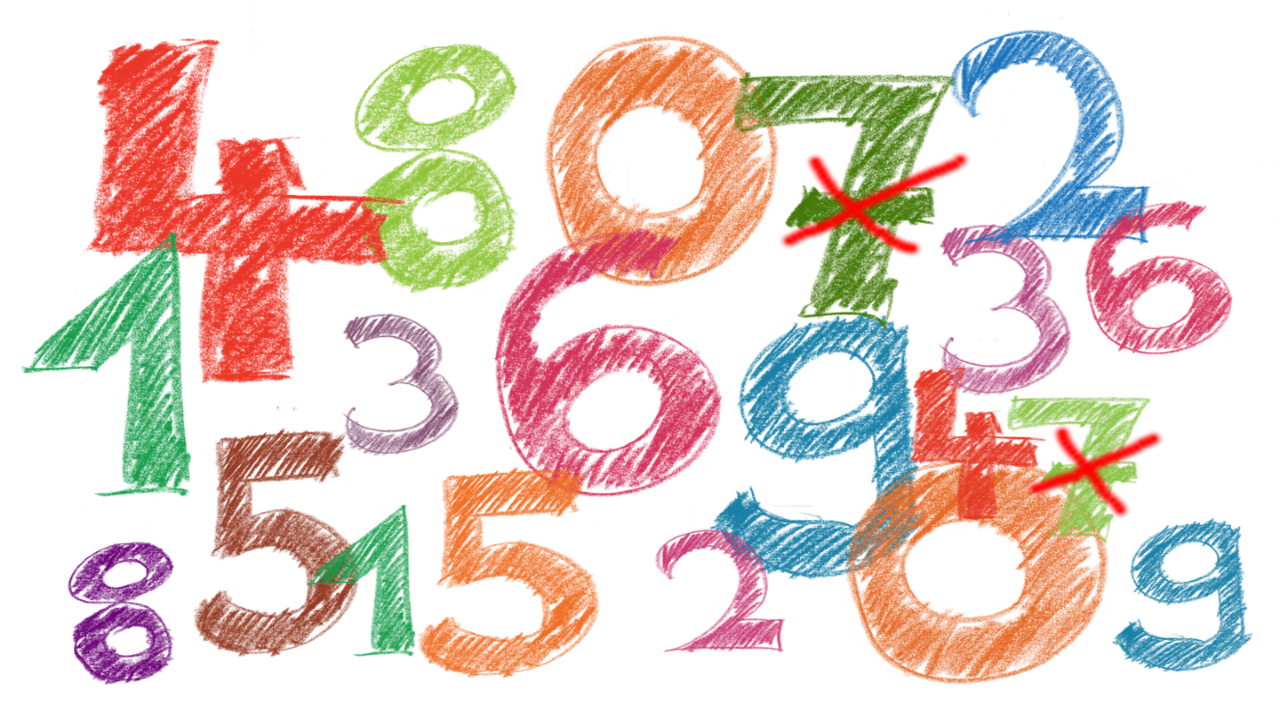uglyNumbers

Problem
아래와 같이 정의된 ugly numbers 중 n번째 수를 리턴해야 한다.
-ugly number는 2, 3, 5로만 나누어 떨어지는 수이다.
-1은 1번째 ugly number 이다.
-1, 2, 3, 4, 5, 6, 8, 9, 10, 12, 15, 16, ..
입력
인자 1 : n
- number 타입의 자연수 (n >= 1)
출력
number 타입을 리턴
주의사항
ugly numbers를 배열에 저장했을 때, n번째 ugly number의 위치는 인덱스 n-1 이다.
입출력 예시
let result = uglyNumbers(1);
console.log(result); // --> 1
result = uglyNumbers(3);
console.log(result); // --> 3
Solution
1. Dynamic Programming
모든 숫자는 2, 3, 5로만 나눌 수 있으므로 수열을 세 그룹으로 나눌 수 있다.
(1) 1×2, 2×2, 3×2, 4×2, 5×2, …
(2) 1×3, 2×3, 3×3, 4×3, 5×3, …
(3) 1×5, 2×5, 3×5, 4×5, 5×5, …
모든 부분 수열은 기존에 구한 uglyNumber (1, 2, 3, 4, 5, …) 곱하기 2, 3, 5이다. 따라서 merge sort의 병합 방법처럼 세 부분 수열에서 uglyNumber를 구한다. 모든 단계에서 가장 작은 것을 선택하고 한 단계씩 이동한다.
- ugly numbers를 담을 배열 선언: ugly[n]
- 첫 번째 uglyNumber를 초기화한다.: ugly[0] = 1
- 세 개의 배열 인덱스 변수 i2, i3, i5를 초기화한다. uglyNumber 배열의 첫 번째 요소: i2 = i3 = i5 = 0;
- 다음 ugly number에 대해 3가지 선택 항목을 초기화한다. nextMultipleOf2 = ugly[i2]2; nextMultipleOf3 = ugly[i3]3 nextMultipleOf5 = ugly[i5]*5;
- 이제 n까지 모든 ugly number를 채우기 위해 루프로 이동한다.
for (i = 1; i < n; i++ ) {
nextUglyNo = Min(nextMultipleOf2, nextMultipleOf3, nextMultipleOf5);
ugly[i] = nextUglyNo
if (nextUglyNo == nextMultipleOf2){
i2 = i2 + 1;
nextMultipleOf2 = ugly[i2]*2;
}
if (nextUglyNo == nextMultipleOf3){
i3 = i3 + 1;
nextMultipleOf3 = ugly[i3]*3;
}
if (nextUglyNo == nextMultipleOf5){
i5 = i5 + 1;
nextMultipleOf5 = ugly[i5]*5;
}
}
6. nextUglyNo를 리턴한다.
// file:'uglyNumbers_DynamicProgramming.js'
const uglyNumbers = function (n) {
let ugly = Array(n).fill(0)
let i2 = 0, i3 = 0, i5 = 0;
let nextMultipleOf2 = 2;
let nextMultipleOf3 = 3;
let nextMultipleOf5 = 5;
let nextUglyNo = 1;
ugly[0] = 1;
for (i = 1; i < n; i++){
nextUglyNo = Math.min(nextMultipleOf2, Math.min(nextMultipleOf3, nextMultipleOf5));
ugly[i] = nextUglyNo;
if (nextUglyNo == nextMultipleOf2){
i2 = i2 + 1;
nextMultipleOf2 = ugly[i2] * 2;
}
if (nextUglyNo == nextMultipleOf3){
i3 = i3 + 1;
nextMultipleOf3 = ugly[i3] * 3;
}
if (nextUglyNo == nextMultipleOf5){
i5 = i5 + 1;
nextMultipleOf5 = ugly[i5] * 5;
}
}
return nextUglyNo;
}
};
시간복잡도는 \(O(N)\)이며,
보조공간이 \(O(N)\)만큼 필요하다.
2. Binary Search
- no는 x=pow(2,p)pow(3,q)pow(5,r) 형식이다.
- 1부터 Number.MAX_SAFE_INTEGER 사이에 n번째 uglyNumber가 있을것이다.
- 따라서 Binary Search를 한다. mid에 있다고 가정하고 mid보다 작은 uglyNumber의 총 개수를 찾고 그에 따라 조건을 설정한다.
// file:'uglyNumbers_Binary Search.js'
const uglyNumbers = function (n) {
let pow = Array(40).fill(1);
//Math.pow(2,0)에서 Math.pow(2,30)까지 2의 거듭제곱을 저장
for (i = 1; i <= 30; ++i){
pow[i] = pow[i - 1] * 2;
}
// 낮은 값과 높은 값 초기화
let l = 1, r = Number.MAX_SAFE_INTEGER;
let ans = -1;
// 이진 검색 적용
while (l <= r) {
let mid = l + parseInt((r - l) / 2);
let count = 0; // count는 mid보다 작은 uglyNumber의 총 개수를 저장한다.
// 1에서 mid까지 반복
for (i = 1; i <= mid; i *= 5){
// mid보다 작은 i의 거듭제곱을 찾는다.
for (j = 1; j * i <= mid; j *= 3){
// 3과 5의 곱이 mid보다 작은 3과 5의 거듭제곱.
// 2의 거듭제곱 배열(pow)을 사용하여 i*j*power 2가 mid보다 작은 2의 최대 거듭제곱을 찾는다.
count += upperBound(pow, 0, 31, parseInt( (mid / (i * j))));
}
}
//mid보다 작은 uglyNumbers의 총 수가 n보다 작으면 l을 업데이트한다.
if (count < n)
l = mid + 1;
else {
// mid보다 작은 uglyNumbers의 총 수가 n보다 크면 r과 ans를 동시에 업데이트한다.
r = mid - 1;
ans = mid;
}
}
return ans;
};
function upperBound(a , low , high , element) {
while (low < high) {
let middle = low + parseInt((high - low) / 2);
if (a[middle] > element)
high = middle;
else
low = middle + 1;
}
return low;
}
시간복잡도는 \(O(logN)\) (따라서 n이 클 때 적합하다),
보조공간은 \(O(1)\)만큼 필요하다.